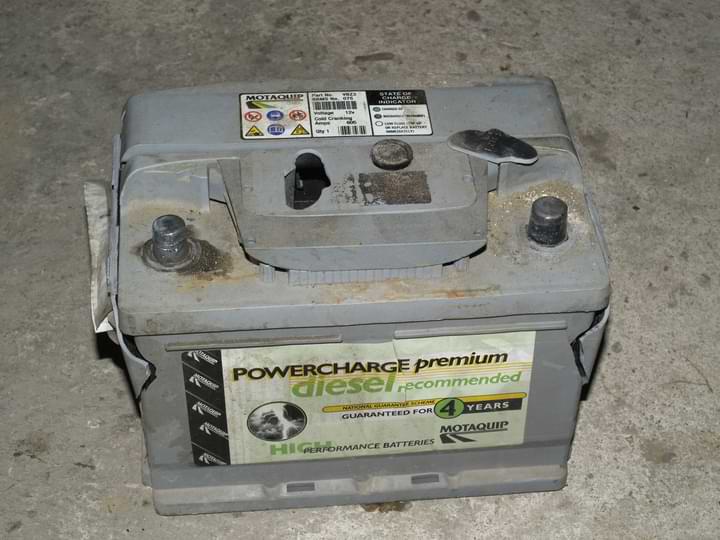AGM batteries (Absorbed Glass Mat) contain the electrolyte in a Boron Silicate fiberglass mat. This material acts like a sponge to hold the acid solution. This mat is in contact with the lead plates. The purpose is to encourage the recombination of any oxygen and hydrogen given off during charging and to suspend the electrolyte in a non spill manner.
AGM ‘s are typically going to be valve regulated (VRLA – Valve Regulated Lead Acid). VRLA batteries are sealed but have the ability to release excess internal pressure in the event of over charging. Lets look at what makes an AGM battery attractive for energy storage.
AGM’s can dispense a charge at a higher rate than flooded cells due to their lower Peukert exponent. The AGM has a low internal resistance so less energy is lost during charging and discharging due to heat. If you typically have high amperage draws, an AGM may deliver more usable amp hours. The reverse is also true, you can charge at a higher rate than a FLA (Flooded Lead Acid). If you are charging with a generator, a higher charge input will mean shorter run time and some cost savings. However, this one feature of the AGM is probably not worth the extra expense.

You also have the flexibility of being able to mount them in any position and they will not leak any electrolyte, even if the case is cracked.
Also, being sealed means they are not required to be installed in a vented area. Any gassing that typically occurs will be recombined into the electrolyte and never escape into the atmosphere. This allows for more flexibility in placement. If these are important factors for you then the cost may be justified.
The Drawbacks
First, the cost can be 2 to 3 times as much as a FLA. This helps most people make up their mind rather quickly. Maybe a little maintenance and venting isn’t so hard after all!
Second, if you exceed the maximum charge voltage repeatedly, the water will vent out and there is no way for it to be replenished.
Third. The final consideration is the amp hour capacity. Most AGM batteries are going to be either 6 or 12 volts. It could take several parallel strings to make a large capacity battery bank. Since more than three or four parallel connections are typically avoided, this greatly limits your options.
Advantages
No maintenance required
Batteries can not spill if ruptured or overturned
Minimal gassing
Low Temperature tolerant
More easily shipped
Disadvantages
Higher initial cost
Not tolerant of overcharge
Less tolerant of high temperature